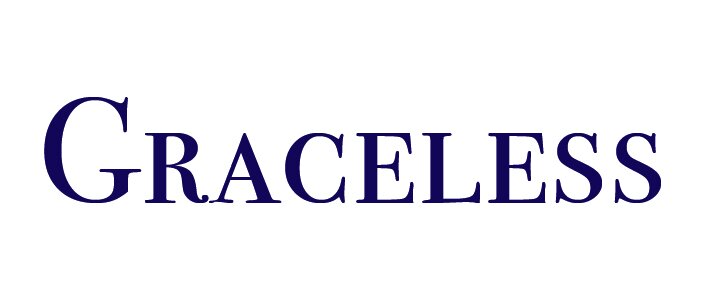The Power of Prevention
I first had sex at age 15, a few weeks before my 16th birthday. Truth be told, I had been pressuring my boyfriend to have sex with me for almost a year. I ended up marrying that boyfriend and when we separated 15 years later, he left me with the lovely parting gift of an STD.
Over the last four years, I've made up for lost time, sexually speaking. And though I am cautious, I'm not perfect. If I had gotten pregnant that first year out of my marriage, before my tubal surgery, Planned Parenthood would have been my first stop. I would've had an abortion, no doubt. I feel lucky that it didn't come to that for me.
I've used Planned Parenthood's services a few times in the last four years for regular STD checks, whether because of a new partner, the betrayal of a lover, or just peace of mind. I know that I can walk in and get quality service that comes without judgement or shame. Sometimes I've paid out of pocket, even when I had insurance, because it was important to me to support them. And while I sit firmly in a privileged middle-class white world, where resources are not a struggle and never have been, I know that there are so many women without that luxury. I use Planned Parenthood out of convenience and comfort, not out of necessity or survival.
Reproductive health is not a separate “issue” in real people’s lives. We don’t live in the kinds of silos that funding sources and the media like to portray. As a long-time reproductive health educator, sex educator, and advocate in Texas, it is sad and frustrating to have to constantly fight this fight. This week, Texas has once again lashed out at women by cutting all Medicaid funding to Planned Parenthood clinics because of their stance on abortion. My first response when things like this happen is typically something about the fact that the vast majority of Planned Parenthood’s services are about pregnancy PREVENTION. I don’t want that to come across as if there isn’t value in the abortion services. There absolutely is. But, prevention is that pesky little piece that leads to NOT needing abortion services.
So let’s talk about prevention for a minute. Clearly, comprehensive sex education is not something that is openly embraced in our country. However, sexual health education is not just about preventing unintended pregnancies or the spread of sexually transmitted infections. Sexual health is about complex human behavior. Like any other choice we make in life, the choice of when, how, and with whom we have sex is made within the context of all the other background noise going on in our lives. Stress, need, love, excitement, sadness, fear, desire— all the feelings that influence our path in life don’t just go away when sex is involved. In fact, they are even more intensely involved than in other daily decisions. Just think of all the feelings involved when deciding what time we go to bed at night or how many donuts to eat when they’re giving them away for free at Krispy Kreme. Sometimes those are easy decisions; sometimes not so much. But the only feeling that is openly associated with our sexual selves in this country is shame. And the attacks on Planned Parenthood are just another way to shove more sexual shame down the throats of women.
The thing is, in the world of reproductive health education, we know that the more shameful someone feels about sex, the more likely they are to engage in potentially risky behaviors. They are less likely to say “no” when presented with the option of having sex. They are less likely to use birth control or condoms. And they are not as likely to seek out medical care when they may have an STI or be pregnant. Sexual health education that comes from a sex-positive perspective is what we know to be more effective. It’s a way of embracing our sexuality and accepting it as a part of who we are, and loving it. It’s about making healthy and safe decisions, not about imposing individual morals and values on anyone. The sex-positive perspective is about exploring what is right for you, knowing what your limits are, and what makes you feel most comfortable with your sexual self.
So let me be clear. Providing prevention education, access to birth control options, and abortion services are good for our society. Comprehensive reproductive health services are good for women, men, and families. Keeping Planned Parenthood open in all communities makes us healthier and more successful as a country.
You don't have to like abortions. Nobody really does. But they are a necessity in life. No, not everyone regrets it. No, Planned Parenthood doesn't force them on people. No, it's not about being selfish. It's about a vision where every child born is a wanted and welcomed part of a healthy family, a healthy community, and a healthy society.

